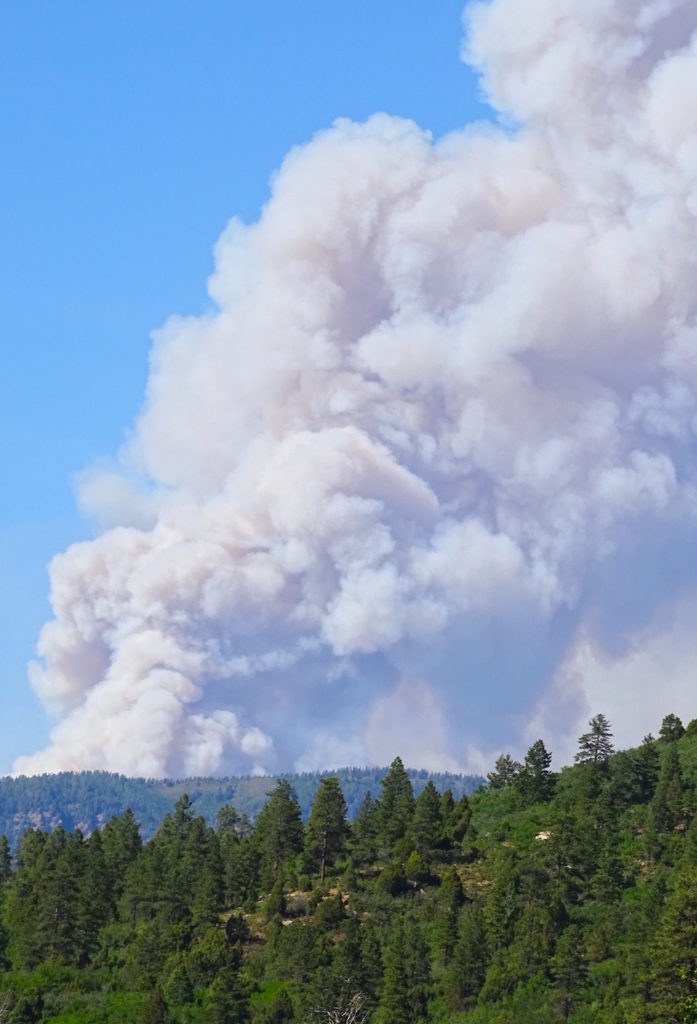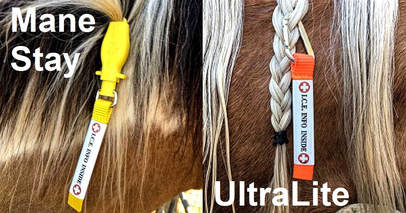 We got a great response from our articles by Maddy Butcher and Dr. Rebecca Gimenez on wildfire preparation and hazards.
We got a great response from our articles by Maddy Butcher and Dr. Rebecca Gimenez on wildfire preparation and hazards.
Here are some helpful additions sent from enthusiastic readers, Willis Lamm and Monique Warren.
From Lamm:
In close to 45 years of dealing with these emergencies on the job and after retirement as an animal rescue group supervisor, here are additional some key points:
1. Have identifiable premises. Street addresses need to be bold and easily seen from either approach on the street and recognizable in smoke and in the dark. Critical time is lost when out of area crews struggle to find addresses.
2. Access roads and driveways need to be free from heavy vegetation, parked vehicles, stored or discarded objects. There must be sufficient clearance for large fire apparatus to access all key locations on the property.
3. Rapid emergency access through locked gates needs to be provided. High security key boxes that are accessible by the fire department are a practical way to prevent delayed access.
4. Smoke is often more hazardous to horses than fire as smoke can drift miles ahead of the flames. Evacuate early to a safe location upwind of the fire.
5. Keep trailers in operational condition and tow vehicles fueled. The time to fix that leaky tire or fill that empty tank is not when the fire is bearing down on you.
6. Use alleys or extra panels to build chutes for loading if some of the animals are difficult to load.
7. Don’t wait until dusk or dark to load out. Such conditions can make operations more difficult and hazardous.
8. Determine ahead of time which animals get along with each other before organizing loads. A horse fight while loading is a very undesirable distraction.
9. Keep excitable people away. Calm humans can help keep horses calm … and the opposite also applies.
10. Don’t drive through heavy smoke. Leave well before conditions reach this point.
Warren, owner of Hay Pillow, offers simple emergency identification tags that clip to horses’ manes. Check them out there.

Willis always has the best recommendations for dealing with emergency situations.
great to know! thank-you!